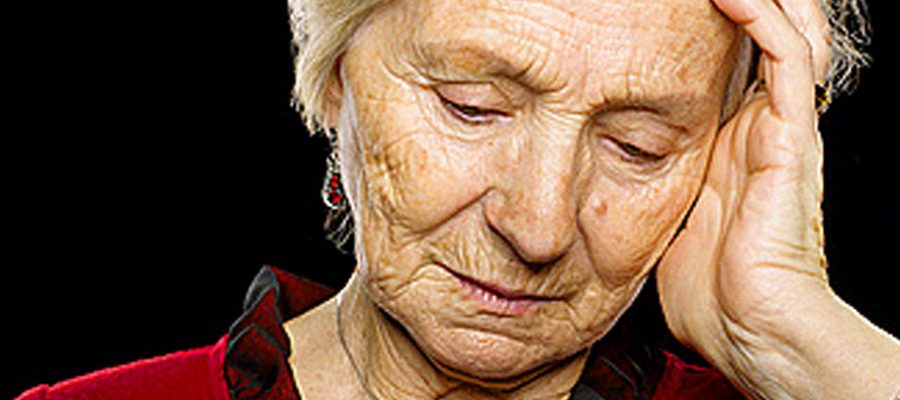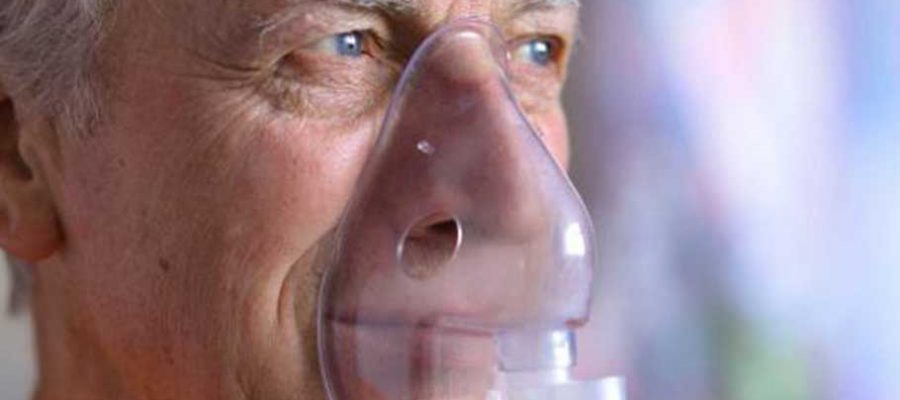Making the decision that a loved one needs some sort of in home care or senior care can be a difficult step to take (read here for four signs that your family might be at this decision point). Who you hire is one of the most important decisions to make, and it can have a big impact on your family’s experience with senior care. Just consider: this is a person or company that might be spending significant time with a family member (potentially in the home), and might also be involved in care of a personal, private nature, like assistance with toileting, bathing, finances, etc. With that in mind, we’ve rounded up a few true stories of in home care gone wrong…and more importantly, how to mitigate the risks of this happening to your family!
FREQUENTLY ASKED QUESTIONS




 You could ask 10 people in a room to describe what yoga is, and without a doubt, you would hear 10 different descriptions. So let’s organize the landscape to figure out how and why you should give this ancient but trendy practice a try.
You could ask 10 people in a room to describe what yoga is, and without a doubt, you would hear 10 different descriptions. So let’s organize the landscape to figure out how and why you should give this ancient but trendy practice a try. With Halloween just around the corner, we wanted to take a look at classic candies from decades past. These are sure to make the senior citizens in your life smile, and perhaps bring back some fond memories! You might be surprised at how long some of these candies have been in production – almost eighty years in some cases! Let’s take a walk down Memory Lane of Halloween’s past…
With Halloween just around the corner, we wanted to take a look at classic candies from decades past. These are sure to make the senior citizens in your life smile, and perhaps bring back some fond memories! You might be surprised at how long some of these candies have been in production – almost eighty years in some cases! Let’s take a walk down Memory Lane of Halloween’s past…
 It should come as no surprise that selecting an agency or individual to provide In Home Care for a loved one can be a somewhat complex process. How do you know
It should come as no surprise that selecting an agency or individual to provide In Home Care for a loved one can be a somewhat complex process. How do you know 
 If you or someone you love has been diagnosed with COPD, there are some important things that you should know. According to the
If you or someone you love has been diagnosed with COPD, there are some important things that you should know. According to the 
 There are many reasons a parent or loved one might need in home care.
There are many reasons a parent or loved one might need in home care. 
 Unless you’ve been on a cultural hiatus for the past year or two, you must have come across a blog or conversation about
Unless you’ve been on a cultural hiatus for the past year or two, you must have come across a blog or conversation about 
 Did you know that each month of the year, there are multiple daily, weekly, and monthly observances for various causes? Some are more popular than others, some are obscure, some are geographically-limited, and so on. We thought it would be fun to take a look at some of the monthly observances for October, and share how they might relate to senior care!
Did you know that each month of the year, there are multiple daily, weekly, and monthly observances for various causes? Some are more popular than others, some are obscure, some are geographically-limited, and so on. We thought it would be fun to take a look at some of the monthly observances for October, and share how they might relate to senior care!
 No one wants to think about losing or quitting a job because of the need to care for elderly relatives. Yet, so many will be forced to confront that possibility. Today, over 10 million adult children are providing home care for aging parents. This is defined as helping with toileting, bathing, dressing and eating (also known as Activities of Daily Living, ADLs). But that number doesn’t even account for the millions more Americans who are providing ongoing help with grocery shopping, driving to appointments, assisting with medical care, financial matters and more!
No one wants to think about losing or quitting a job because of the need to care for elderly relatives. Yet, so many will be forced to confront that possibility. Today, over 10 million adult children are providing home care for aging parents. This is defined as helping with toileting, bathing, dressing and eating (also known as Activities of Daily Living, ADLs). But that number doesn’t even account for the millions more Americans who are providing ongoing help with grocery shopping, driving to appointments, assisting with medical care, financial matters and more!
 Have you considered going back to school in your golden years? For many people past their fifties, it can be intimidating to think about enrolling and finishing (or starting!) a degree. Technology has changed so much, the student body is much younger, it costs too much money, etc…these are all typical reasons someone may shy away from furthering their education. But as you can guess, there are many great reasons for seniors to head back to campus! Here are just a few to consider:
Have you considered going back to school in your golden years? For many people past their fifties, it can be intimidating to think about enrolling and finishing (or starting!) a degree. Technology has changed so much, the student body is much younger, it costs too much money, etc…these are all typical reasons someone may shy away from furthering their education. But as you can guess, there are many great reasons for seniors to head back to campus! Here are just a few to consider:


